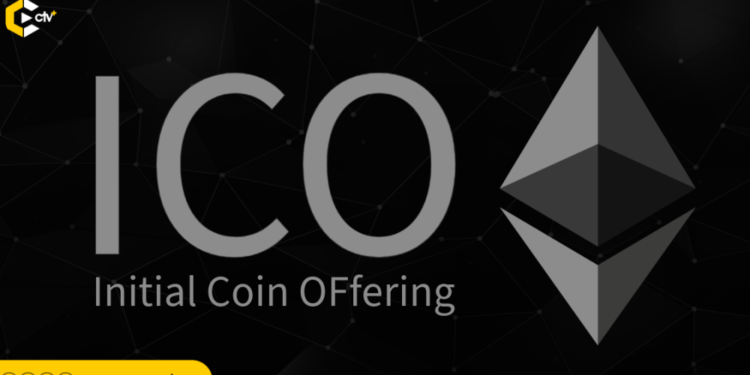The Revival of Initial Coin Offerings: Industry Experts’ Perspectives
The landscape of Initial Coin Offerings (ICOs) has experienced notable transformations following its boom in 2017-2018, marked by a decline in frequency and allure. In response to these shifts, industry professionals are advocating for a reexamination of ICOs as a feasible fundraising tool in the crypto sphere.
Token-centric fundraising methods, where new crypto ventures sell tokens to investors rather than opting for traditional banking channels, gained traction during the ICO frenzy, enabling numerous projects to amass significant funds. While this model allowed investors to speculate on token value tied to successful project implementation, heightened regulatory oversight has led to a drop in ICO activities, paving the way for alternatives like Initial DEX Offerings (IDOs), Initial Exchange Offerings (IEOs), and Security Token Offerings (STOs). By 2021, the ICO sector had shrunk considerably, fostering a more cautious environment centered on regulatory adherence.
In the midst of this evolution, Tushar Jain, Multicoin Capital’s Co-founder and Managing Partner, champions the revival of ICOs. Speaking at the Breakpoint conference, Jain emphasized that existing token launch methods disproportionately benefit a select few, disadvantaging retail investors at large. He argues that a revamped ICO framework could promote greater fairness, allowing more individuals to capitalize on token prospects, thus fortifying the crypto ecosystem.
Jain critiques the current token launch dynamics, citing artificially inflated token values due to restricted availability. By broadening token accessibility through ICOs, he posits that authentic market valuation can be realized. To mitigate potential challenges, Jain suggests structuring ICOs with conditions like extended lockup periods or incentives for long-term investment, ensuring equitable token distribution among all investors.
Conversely, Qiao Wang from AllianceDAO offers a nuanced viewpoint by recognizing the historical importance of ICOs while spotlighting the achievements of projects like Solana, which opted for venture capital funding. Wang underscores that VC backing often encompasses not only monetary support but also invaluable connections and guidance crucial for project success. Nevertheless, he advocates for a blended approach that combines ICOs and VC funding, enabling retail investors to partake while benefiting from experienced investors’ insights.
With discussions on the potential resurgence of ICOs gaining momentum, hosts of the When Shift Happens Podcast including Kevin Follonier presented Jain and Wang with a hypothetical scenario: How would they engage if ICOs regained popularity? Jain expressed willingness to participate in ICOs but stressed the need for an impartial playing field for all stakeholders, suggesting addressing existing disparities between VC investors and public investors to prevent instances of favoritism.
Contrastingly, Wang reiterated the advantages associated with historically successful cases, such as Ethereum’s 2014 ICO that raised $18 million and substantially boosted its market value. This illustration showcases the democratizing potential of ICOs in facilitating investment in pioneering projects, provided transparency and accountability are prioritized. Jain reinforced this view by advocating for thorough disclosures and robust regulatory frameworks to shield investors from potential fraud, a recurring issue in past ICOs.
In summation, as the crypto sector evolves, Jain and Wang acknowledge the likelihood of ICOs making a resurgence if rooted in transparency and fairness. While the precise direction ahead remains nebulous, the resurgence of ICOs could rekindle enthusiasm and engagement from a diverse investor base, ultimately rejuvenating the cryptocurrency fundraising paradigm. The consensus among industry insiders seems clear: thoughtful consideration of market dynamics, regulatory context, and investor safeguards is essential for any potential reincorporation of ICOs.








